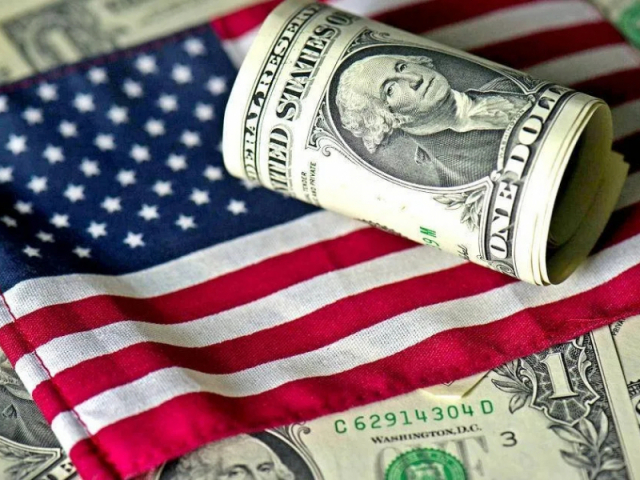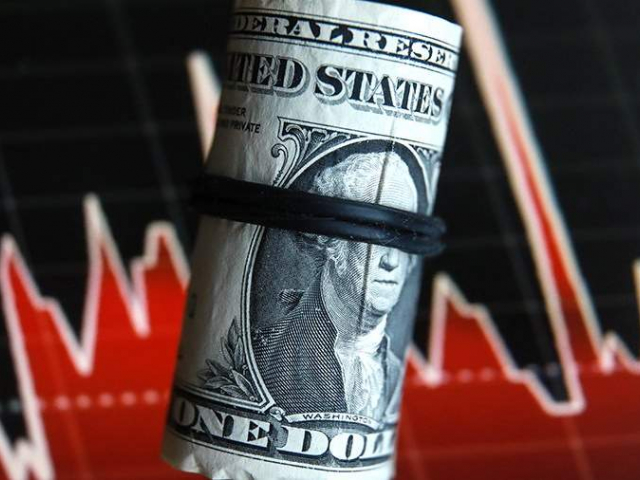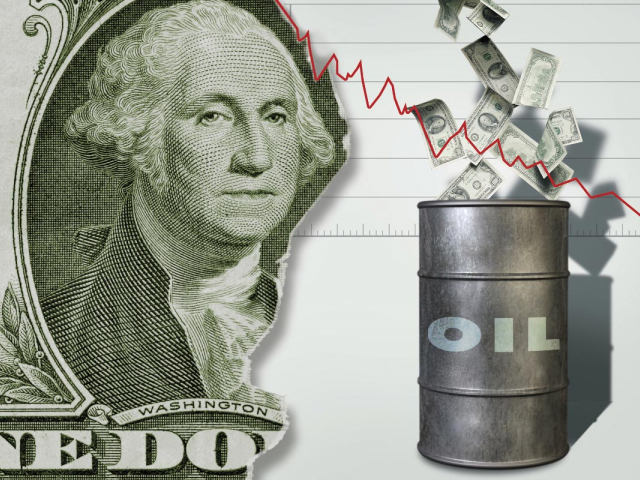Strong impact of Fed's monetary policy on global economy
At the moment, the United States is the issuer of the world's reserve currency, which plays a dominant role in international trade and global payment systems. Despite many challenges, the dollar has an enormous impact on the global economy, although it is often overvalued. The dollar's status as the leading reserve currency is called the "exorbitant privilege" that has become a heavy burden on the US economy. Nevertheless, one of the benefits is that the United States can avoid any crisis. With difficulties in paying the national debt, the US authorities resort to money printing. In this case, the dollar loses value, but the country's economy remains afloat. This thrusts other countries into an unenviable position as they have to closely monitor the economic state and monetary policy of the US to avoid adverse effects on their economies.
Stronger dollar as negative factor for many countries
A stronger dollar across the board harms developing economies. They have to work hard to stay afloat as imports become very expensive for emerging markets. Notably, imported goods are denominated in dollars. As a result, global trade suffers when the greenback is strong. According to international financial company Allianz, a stronger USD weakens its role as the world's reserve currency. "If access to USD becomes more expensive, borrowers will search for alternatives," experts note. A similar situation occurred in Argentina, where a decline in exports led to a fall in dollar reserves and pressured Argentina's peso. This in turn fueled inflation in the country. Against this background, the authorities began to pay for Chinese imports in yuan instead of US dollars.
Changes in global trade and oil demand as threat to petrodollar
With many aspects of global trade under review, the petrodollar's dominance is now in question. In 1945, the greenback gained the status of the world’s reserve currency when the Gulf countries used it to trade oil. Settlements for commodities were made in dollars. The US and Saudi Arabia reached a deal wherein the latter would sell its oil using USD. In return, the Saudis pledged to reinvest excess dollar reserves into US Treasury bonds and companies. Later, however, the United States started to produce and export shale oil, thus becoming energy independent. "The structural change in the oil market brought about by the shale-oil revolution can paradoxically hurt the role of the USD as the global reserve currency since oil exporters, which play a crucial role in the USD status, would need to re-orient themselves to other countries and their currencies," Allianz economists assume. This makes the greenback's status precarious, with the oil issue becoming of paramount importance to market participants.
-
Grand Choice
Contest by
InstaForexInstaForex always strives to help you
fulfill your biggest dreams.JOIN CONTEST -
Chancy DepositDeposit your account with $3,000 and get $6000 more!
In December we raffle $6000 within the Chancy Deposit campaign!
Get a chance to win by depositing $3,000 to a trading account. Having fulfilled this condition, you become a campaign participant.JOIN CONTEST -
Trade Wise, Win DeviceTop up your account with at least $500, sign up for the contest, and get a chance to win mobile devices.JOIN CONTEST







 703
703 3
3





